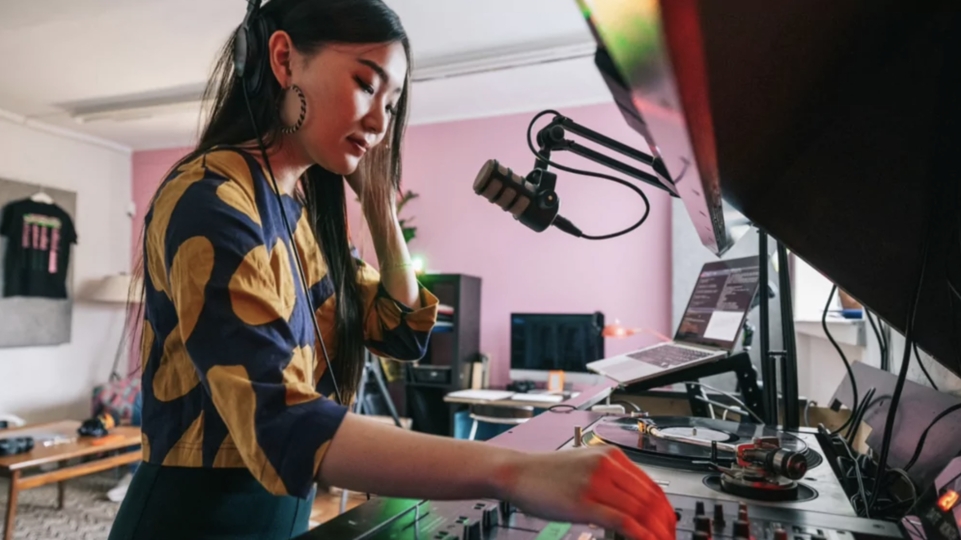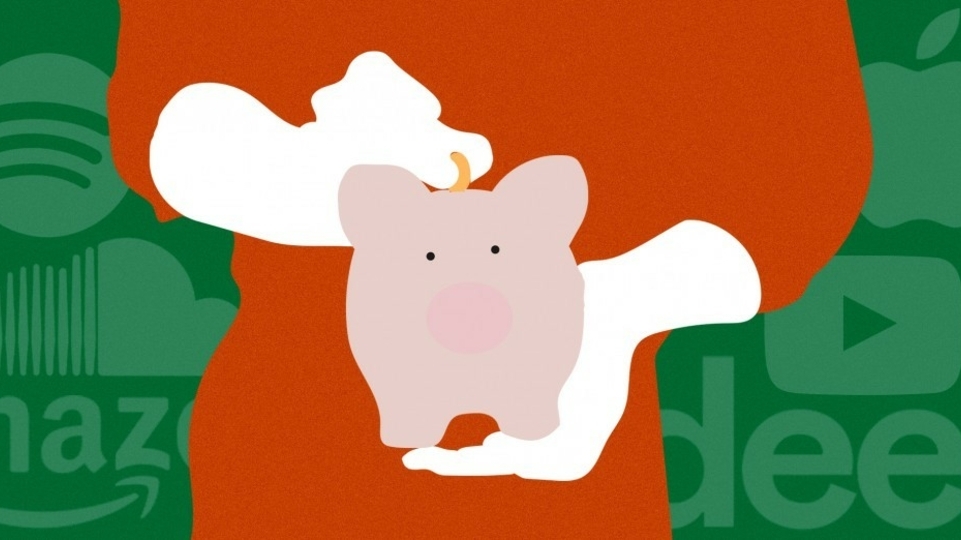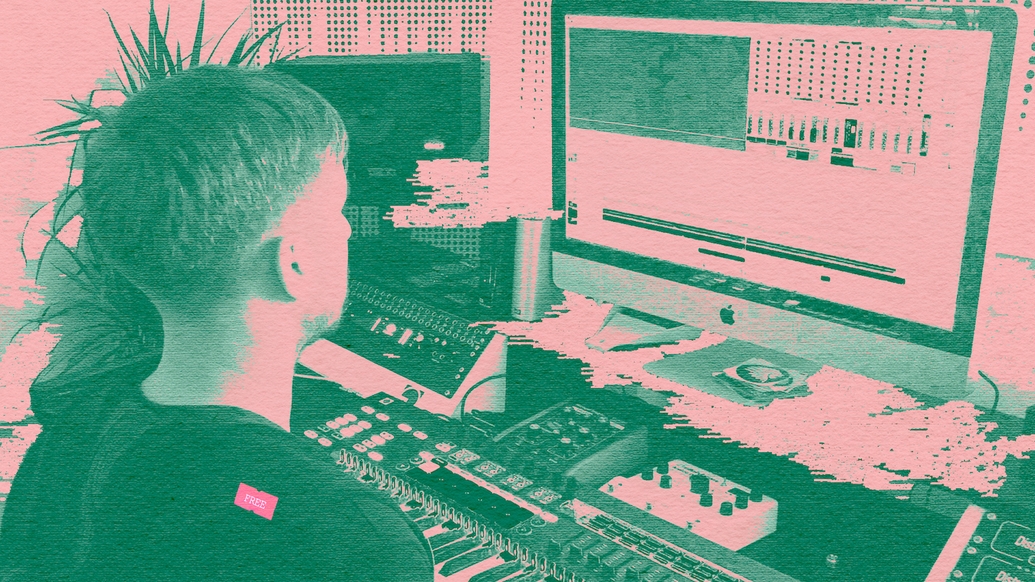
Should electronic music producers ever work for free?
Working for free is rife among producers and engineers, with 77% having worked for free in the last 12 months alone. But is it just 'part of the industry? We explore the wide-ranging implications of workng for free in electronic music
Last year, the Music Producer’s Guild (MPG) released a report that revealed that, in the past three years, 71% of sound engineers and music producers have worked for free. To add to that, 88% of those surveyed have been asked to work for free, with MPG claiming that 77% had been asked to work unpaid for self-funding artists, 34% were doing unpaid work for an indie label, and almost 17% were doing unpaid work for a major label.
According to the report, the average value of unpaid work per year was estimated to be around £4,000 per producer, though the highest payment reached £40,000.
The report is fairly shocking, and even came as a surprise to the MPG. “I knew unpaid work was a problem in our industry, but I didn’t realise how endemic it was,” says Olga FitzRoy, executive director of the Guild. “Of course, people will do favours for friends, but it’s completely unacceptable for record labels and commercial studios to exploit professionals in this way.”
With such a widespread occurrence among even established producers, we decided to reach out to artists, collectives, producers, and other industry figures for some advice on avoiding exploitation, understanding your worth, and navigating the complex reality of working and making money in the music industry.
It’s important to frame this conversation. While working for free is never recommended, some say it’s a reality of creative industries and the conversation around ‘exposure’. Taking on work to further your own name, art, or music, in order to secure potential paid work in the future, has been discussed many times in many different ways. There’s even a Twitter account dedicated to exposing those who offer exposure or bare minimum fees for artistic work, with over 200k followers.
As trite or tongue-in-cheek as the conversation may have become, the facts laid bare in MPG’s survey, and others of its kind, paint a more troubling picture. However, the solutions to the problem vary wildly depending on who you speak to. “Producers and engineers need to stop working for free,” says Naomi Pohl from Musicians Union, who represent over 30,000 active industry members. “If workers won’t work for free, then engagers will have to pay appropriately to get access to the talent and skills they require.”
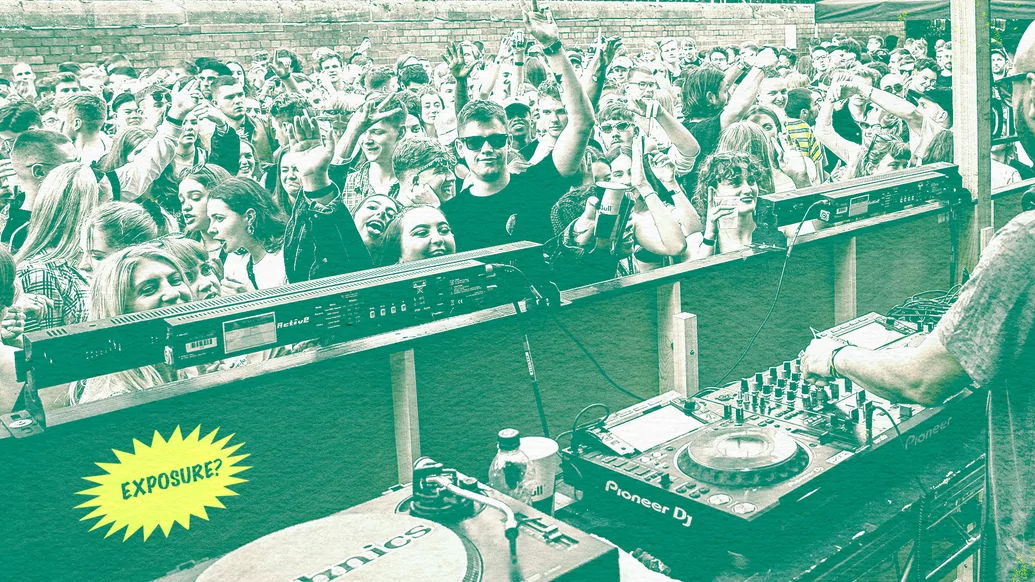

“I knew unpaid work was a problem in our industry, but I didn’t realise how endemic it was”
The MU’s hard-and-fast approach certainly feels like the obvious solution, but with the market flooded with bedroom producers and label budgets extensively stripped back, the reality makes it very difficult to be so blunt.
“We see students, for example, undercutting our rates in order to gain experience and this means less work for professionals as well as undervaluing specialist work,” Pohl continues.
A producer and songwriter who asked not to be named, but has worked with and for major labels like Sony Music and Universal, agreed: “The main problem with a much higher number of producers starting out and also bedroom producers is they don't correlate value to their creative output and subsequently undermine the general pricing expectations.”
We’ve seen the same issues flood into all area of the arts world, not least among DJs. For DJs at least, there’s something of a tangible conclusion based on size of venue, ticket price and hours played where your time and cost can be calculated alongside travel – in theory at least. But in the studio, it’s harder to put a price on your time, especially when you’re working independently and might be unsure of your self-worth in the wider industry.
“Self-worth is always going to be an issue, especially in a world where we constantly compare ourselves to our peers,” says Will Blake, CEO of Sound Collective, an artist, producer and songwriter management company based in London. “Furthermore, when you are trying to charge money for your work, you will always get the other side trying to negotiate you down and then it becomes an internal battle between wanting to expand your portfolio but also wanting to get paid! It all comes down to balance.”
A good place to start is the Musician’s Union’s own guidelines: “As a trade union, we set minimum rates in order to ensure our members don’t have to work for free,” Pohl says. “We maintain a reasonable going rate for work, in general, as our members are aware of our rates and will use them as a negotiation tool.” You can view the rates and a huge amount of other advice on the MU’s website.
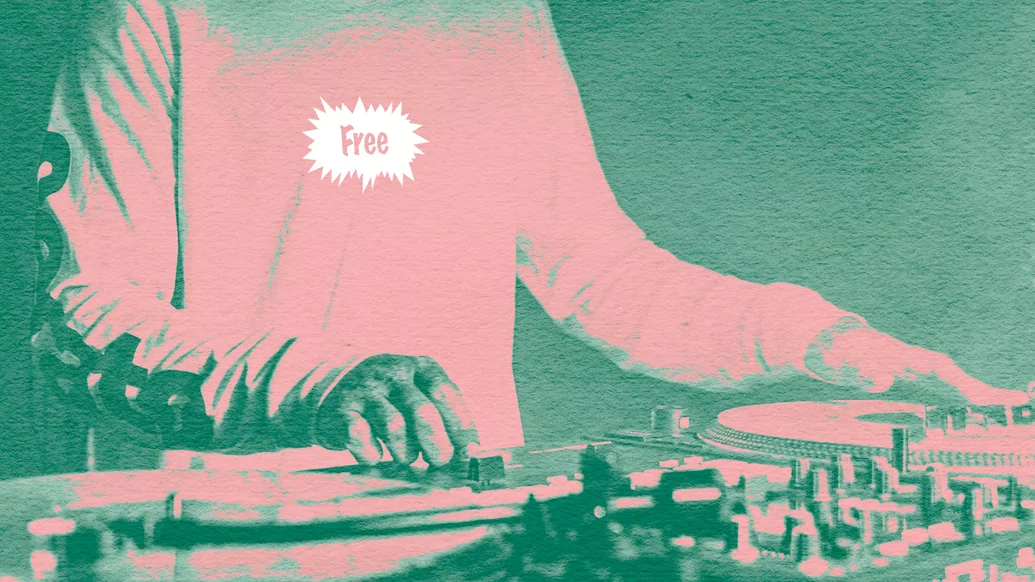

“Self-worth is always going to be an issue, especially in a world where we constantly compare ourselves to our peers”
Despite these guidelines and the MU’s blunt take, others simply accept working for free as part of the industry. “Usually producers do not earn money from sessions unless the song is being used,” explains Neha Hindocha, Manager at Sound Collective. “If and when the song is used, they will earn a production fee and possibly an agreed percentage of royalties on sales. Therefore, most producers' time is spent working for ‘free’ until they get those cuts.”
For new producers, the situation is even more stark. “At the very early stages of their careers, producers should expect that their production fees may be low and sometimes even non-existent and master split agreements may be opted for where independent artists have little budget,” says Hindocha.
Another artist we spoke to, who’s been released regularly on some of the biggest independent labels in electronic music, reiterated that ethos. “I think it's a short-sighted statement [to say artists and producers should never work for free]. When you're hustling from the bottom, with a load of other people in the same situation, your value is low. And there will always be other people willing to do shows or remixes for free. So, if the opportunity will benefit you, then in my view you have to take it.”
Pohl disagrees: “Unfortunately, there is an attitude that if you love music and are talented, you are ‘lucky’ to be working in the industry and should accept low rates of pay as a result. The romanticised image of a struggling artist pervades. Talent has a worth and creativity is a skill, both should be valued highly. It shouldn’t just be the top one-percent who can make a living from working in the creative industries.”
That top-heavy reality not only affects who’s making a living from creative industries, but the social makeup of the wider scene, dominated by those who can afford to support themselves while pursuing their career.
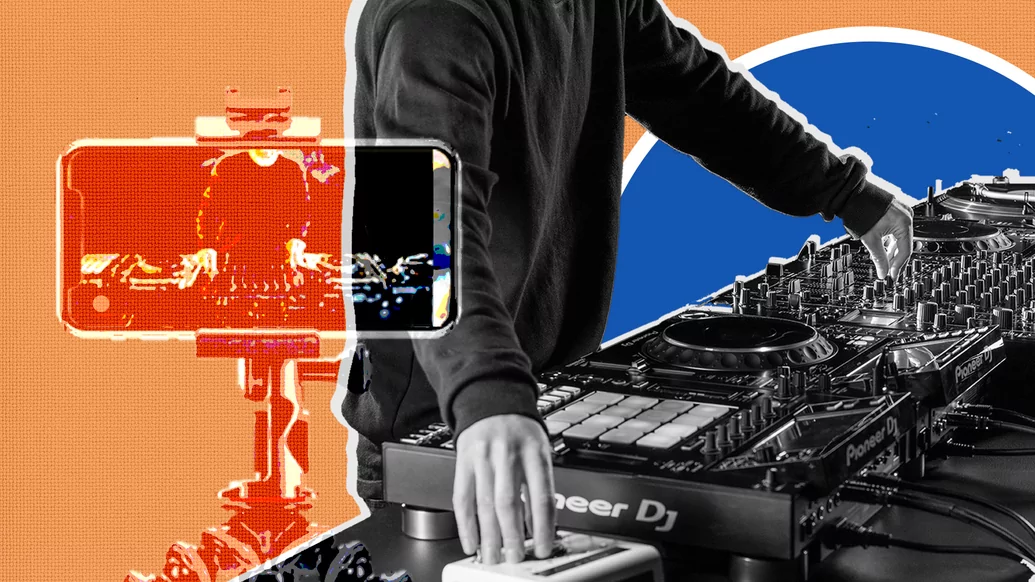

"When you're hustling from the bottom, with a load of other people in the same situation, your value is low"
“If work is low paid, you will end up with a socially elite workforce as people from working-class backgrounds don’t have the luxury of working for free or for low pay.” It’s a statement backed up by a recent joint study by Edinburgh and Sheffield universities on inequality in the creative industries, based on data by a Create London nationwide survey.
One of the most shocking figures in the MPG report was that of ‘almost 17% doing unpaid work for a major label’. Where independent labels or artists may not have the budgets, there’s no doubt that majors don’t struggle to pay – instead, may “dangle the carrot of fame and fortune”, according to Pohl. “This is an abuse of power essentially. The majors hold such a position of power in the industry that they can get people to work for free. It is unacceptable that they do this.”
With the independent budgets dried up, and almost a fifth of producers working for free for majors where budgets are less scarce, the figures from MPG start to make a bit more sense. But what practical steps can producers and songwriters take to sustain something of a living?
“The biggest change was when I began treating music like a product,” says a producer who worked with Sony and Universal. “With labels and artists needing finished material, I began providing a rough sketch to spec essentially ensuring them a radio-ready instrumental so there was no risk involved. If approved I then charge a fee for the sketch and then subsequent studio time for finishing the song and others. Any unapproved songs would then go to the music library or be recycled for another artist.”
"Nobody wins if our pool of talent is reduced to those with a bank of mum and dad to rely on"
Treating music like a product might work for some, but for others the separation between business and art is harder to prize. In those situations, Will Blake recommends sourcing a manager to have more awkward financial conversations, or even a friend you trust.
“Creativity and logical business thinking use different parts of the brain! You will be in a better position to get a good manager with experience once you have made some traction for yourself off your own back. If you are thinking of getting a friend to represent you, just be mindful that they are representing your brand and should have some knowledge of the music industry.”
The challenge for producers, songwriters and engineers is immense. With limited budgets at both ends of the spectrum, inexperience leading to exploitation and a culture of working for free prevalent, it can be hard to see how the industry can sustain itself, something both MU’s guidelines and the MPG’s survey highlight in the bluntest terms.
The survey sparked a new initiative by MPG which Olga FitzRoy outlined in her statement: “Nobody wins if our pool of talent is reduced to those with a bank of mum and dad to rely on. This is one of the reasons why we are launching an assistant engineer membership to try and support those at the beginning of their careers."
Joining the Music Producer’s Guild allows you to take advantage of such schemes, and costs £120 per year for full membership – find out the full perks here. You can join the Musician’s Union for £223 a year for full membership – the perks include public liability insurance, free legal advice, unpaid fee recovery and much more. If you’re unsure of your rights during a negotiation, or want to know the minimum rates recommended, or have any other questions, both the MU and MPG are your best official resources.
Elsewhere, our feature on understanding how electronic music’s royalties are distributed, and why there are some huge issues around the system is a good resource to understand how to get paid by PRS for your music being played in clubs. Our deep dive on streaming services is also designed to help producers understand what platforms pay how much per stream, and how to maximise your revenue. Laws around protecting freelancers and the self-employed have already been introduced in New York via the Freelance isn’t Free Act 2017.
UK freelancers are campaigning for similar rights via The Freelancer Club, set up in 2016. They’ve now got 30,000+ members and their website features guides and documents to aid freelancers, including a guide to getting paid after the due date and templated letters to help you with uncomfortable payment discussions. Basic membership is free, but there’s a tiered paid system with various perks. Find out more here.

